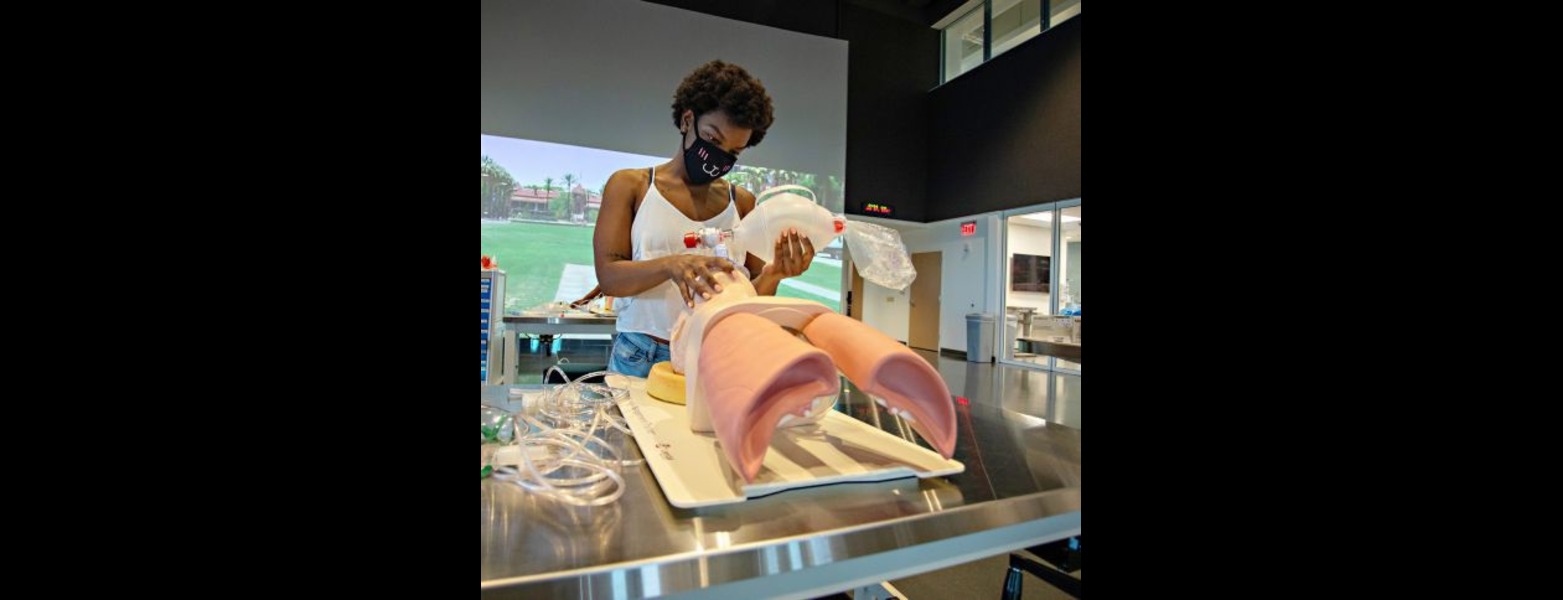HELPING VETERANS THRIVE IN COLLEGE: HOW WARRIOR-SCHOLAR PROJECT CONTINUES TO EVOLVE
Empowering, transforming and changing the lives of veterans.
National nonprofit Warrior-Scholar Project (WSP) has a unique mission: To help enlisted veterans succeed in higher education. In my time as the diversity, equity, and inclusion manager for WSP, I’ve grown to deeply appreciate that the military embodies the diverse cultures of the United States like none other—from gender, age, socioeconomic status, sexual orientation, race, and ethnicity, veterans represent the full spectrum of diversity. When attending higher education institutions, veterans are nontraditional students and many are first-generation, adding another dimension to their unique experiences. Veterans enrich college campus culture in immeasurable ways but are also more likely to suffer from imposter syndrome. In fact, a recent study by the D’Aniello Institute for Veterans and Military Families found that although student veterans generally have higher GPAs than their nonveteran counterparts, they are less likely to finish their degree, do not believe they belong on college campuses, and face challenges related to their age, family and financial status, and military experiences.
WSP knows, however, that veterans represent a largely untapped talent pool of civic leaders. We also know that access to higher education has traditionally been just out of reach for many from marginalized communities. But we are also not immune to weaknesses and, in early 2020, began taking a hard introspective look at our structures to learn what barriers might be excluding some student veterans from accessing our programming.
Tapping into Untapped Opportunity
WSP partners with some of the nation’s most prestigious universities to host intensive academic boot camps in STEM, humanities, and business. While our programming has been incredibly successful, as we grew, we knew we needed to evolve to fit the diverse needs and experiences of our students. Recognizing this blind spot, I began to analyze our programming to look at how we can provide student veterans, particularly those from multiple marginalized communities, with the services they need versus the services we think they need. For example, how would a single parent take time off to attend a boot camp? How is a veteran who is struggling financially going to cover their travel? Are our spaces inclusive to women and nonbinary veterans? Are we creating safer spaces for folks who have traditionally been underserved by veteran initiatives?
Women Veterans Initiatives
My first big initiative was finding more ways to engage women who wanted to be involved but may not have the time or capacity to attend a full boot camp. We received feedback that many women and femme-of-center veterans would love to engage with WSP programming but committing to one or two weeks of programming was simply not possible with their familial responsibilities. We created the Women Veterans Empowerment Dialogues as a result, a small-group monthly event for women and femme-of-center veterans that provides a space for women that is inclusive and empowering. We also piloted two all-women cohorts at Yale University and Pomona College in 2021. Both initiatives have had positive feedback, increased the number of women who are engaged, and allowed us to provide value in a way that was previously untapped.
Increasing Accessibility
While our programming itself was already free of charge for veterans, we realized there were many ways that it was still financially inaccessible for some. We became aggressive in making sure that personal financial burden had as little bearing as possible on why someone couldn’t participate in our programming. We started asking applicants about what barriers they might see in attending and adjusted based on their feedback. We now offer scholarships, laptop/equipment for virtual courses, and provide a $500 accessibility stipend for expenses like travel and childcare.
Community and Culture
Another unmet need we discovered was helping veterans navigate the culture shift from military life to academia. We built a Community and Culture Workshop into our programming, which gives veterans an understanding of things they may not have encountered in the service, like asking for pronouns. This allowed veterans to examine their own identities that they may have not explored during service and expand their awareness of communities they have never encountered. While we are by no means asking people to change their mindset, we do want to ensure that veterans feel fully equipped to navigate the civilian world and know how to engage in these cultural conversations that have great value. Additionally, last year, more than 50% of our boot camp participants were BIPOC (Black, Indigenous and People of Color). And, in 2022, WSP partnered with Fayetteville State University, the first historically black university to host a WSP boot camp, allowing us to deepen our commitment to supporting people of color in higher education.
Creating a Lasting Impact
Time and again our program alumni have overwhelmingly said that WSP is empowering, transformative, and life-changing—instilling in them the confidence to succeed in the next chapter of their lives. Given who we serve, it may come as no surprise that WSP’s initiatives are inherently focused on DEI, but like any organization, our work is never done. By actively engaging with students from all backgrounds and ensuring access to services, we know that in return we are helping to diversify college campuses and equip veterans with the conviction to know that they’ll not only graduate but also thrive.









